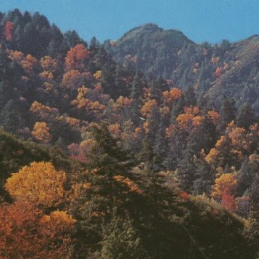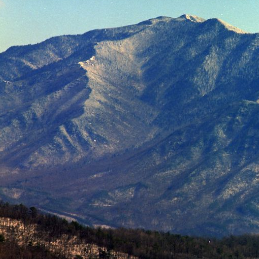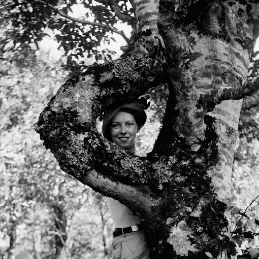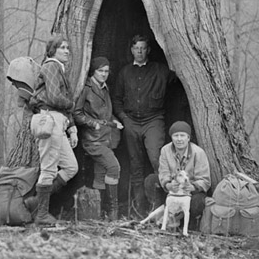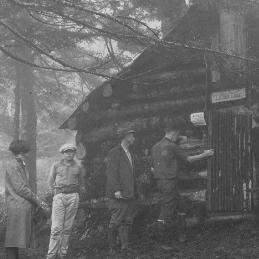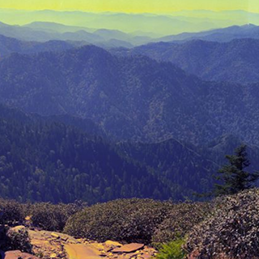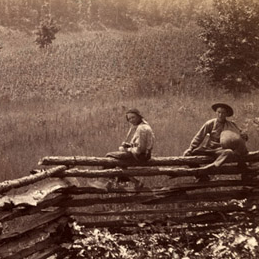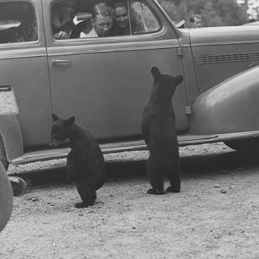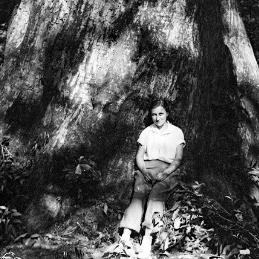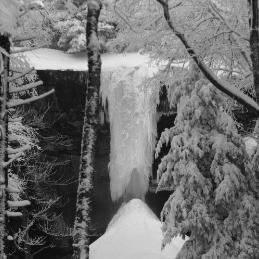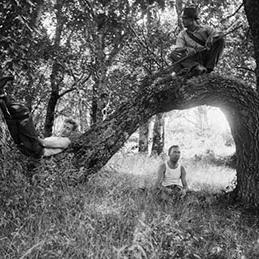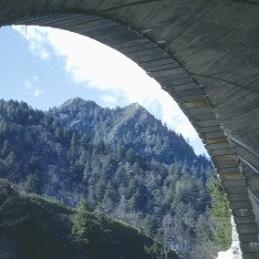Browse
"Remote Sensing and Landscape Pattern in Great Smoky Mountains National Park Biosphere Reserve, North Carolina and Tennessee." In Coupling of Ecological Studies with Remote Sensing: Potentials at Four Biosphere Reserves in the United States, 52-70. Washington, D.C.: U.S. Man and the Biosphere Program, Department of State, 1986.
"A Critique on Overstory/Understory Comparisons Based on Transition Probability Analysis of an Old-Growth Spruce-Fir Stand in the Appalachians." Vegetatio 64, no. 1 (1985): 37-45.
"Gradient Analysis of Old Spruce – Fir Forests of the Great Smoky Mountains circa 1935." Canadian Journal of Botany 71, no. 7 (1993): 951-958.
"Natural Disturbance and Gap Phase Dynamics in Southern Appalachian Spruce-Fir Forests." Canadian Journal of Forest Research 15 (1985): 233-240.
"Vegetation of the Great Smoky Mountains National Park, 1935-1938." Castanea 63, no. 3 (1998): 323-336.
Historical Overview of Fisheries Studies and Sport Fisheries Monitoring Plan for Great Smoky Mountains National Park. Prepared in cooperation with Western Carolina University, Cullowhee, NC., and Uplands Field Research Laboratory, Great Smoky Mountains National Park, Gatlinburg, TN: National Park Service, 1984.
Location of Areas Within Great Smoky Mountains National Park With A High Dominance of Chestnut During the 1930s and Therefore A High Probability of Present Day Chestnut Regeneration In Technical Report to Fullfill Part of Cooperative Agreement CA-5460-5-8804. Knoxville, TN: University of Tennessee, 1987.
Vegetation Map of Great Smoky Mountains National Park Based on Landsat Thematic Mapper Data: Accuracy Assessment and Numerical Description of Vegetation Types. Gatlinburg, TN: National Park Service, 1991.
The Vegetation of Great Smoky Mountains National Park: Past, Present, and Future In Philosophy. Knoxville, TN: The University of Tennessee, 1993.


